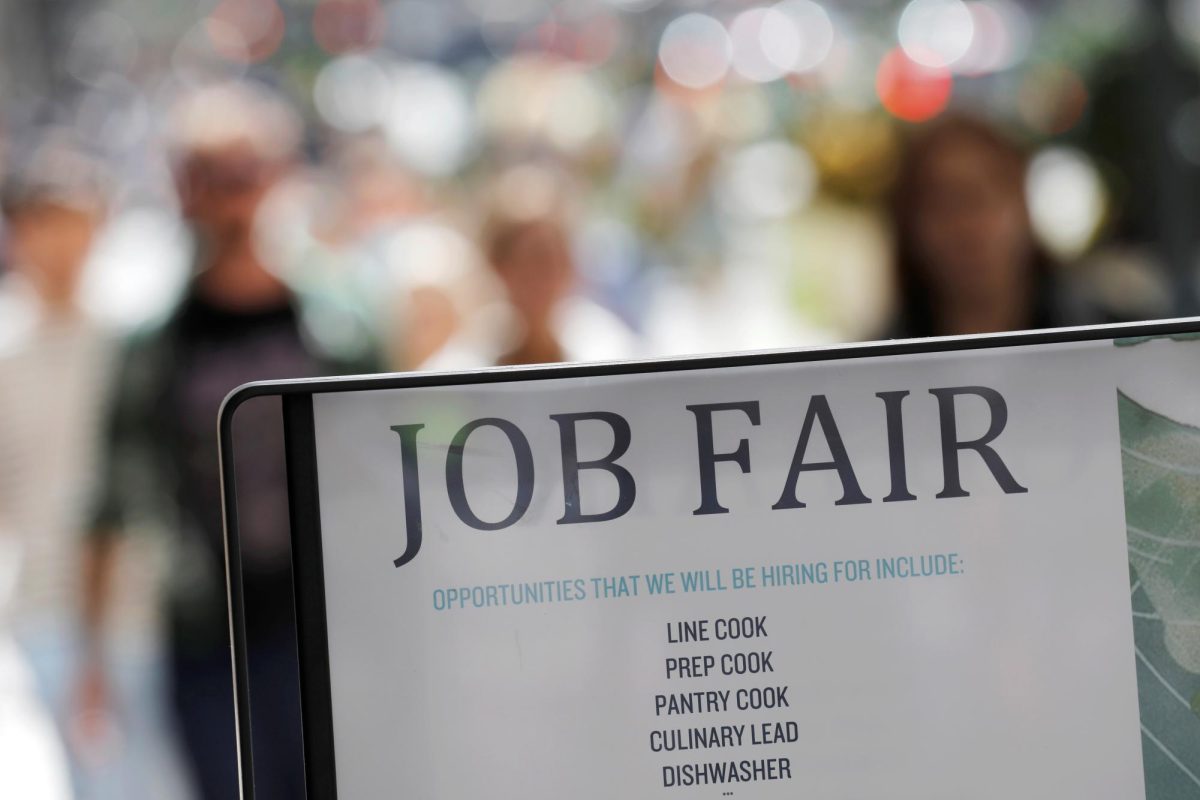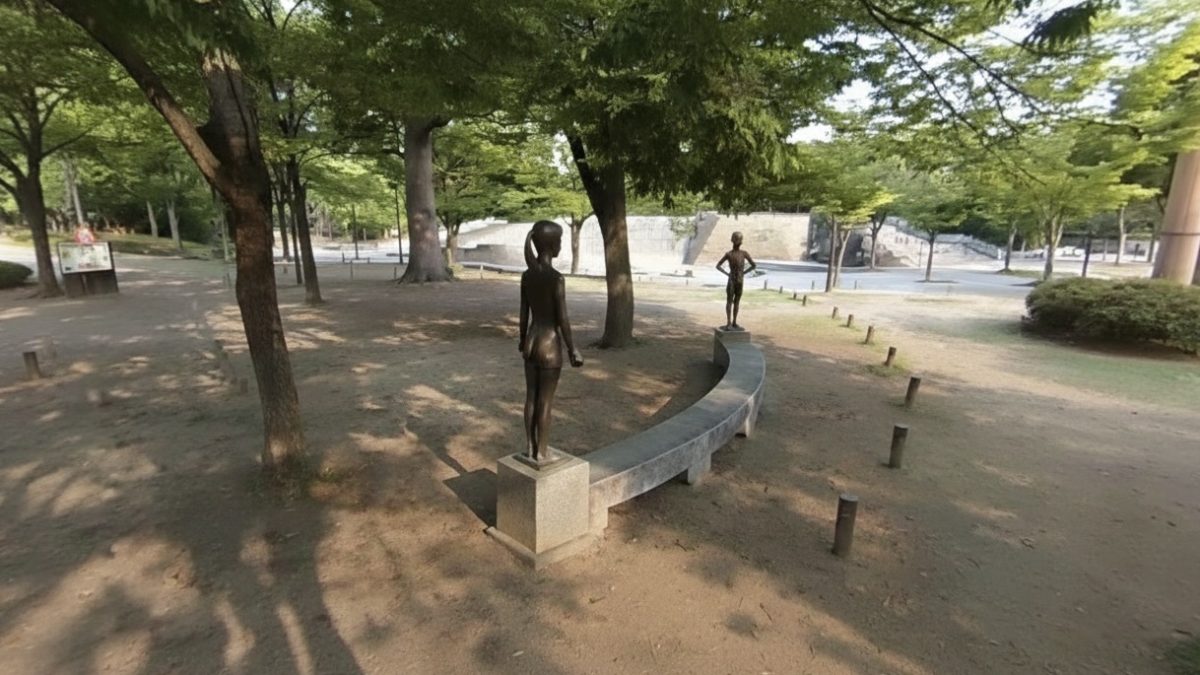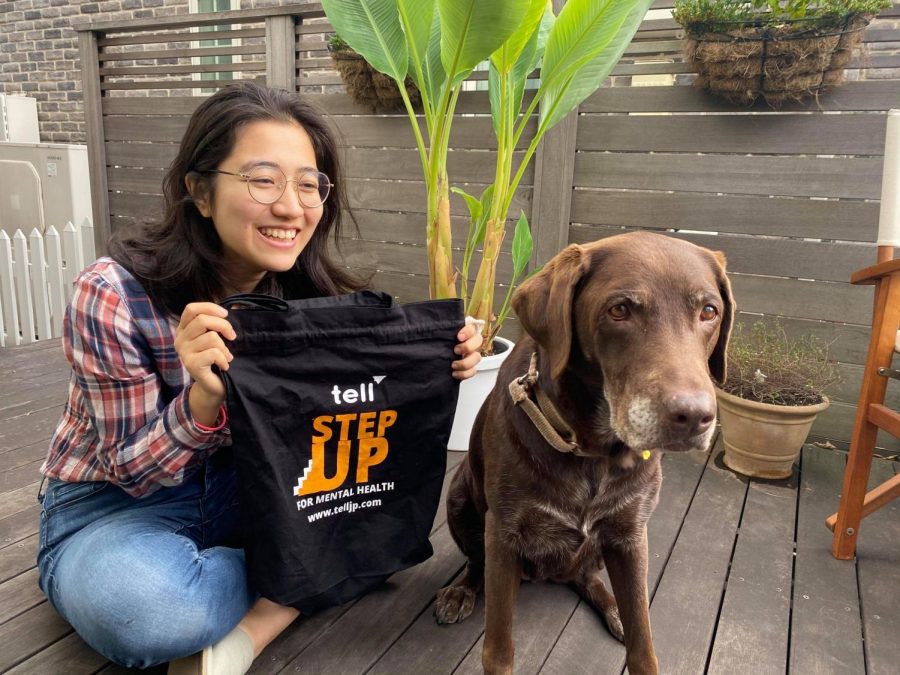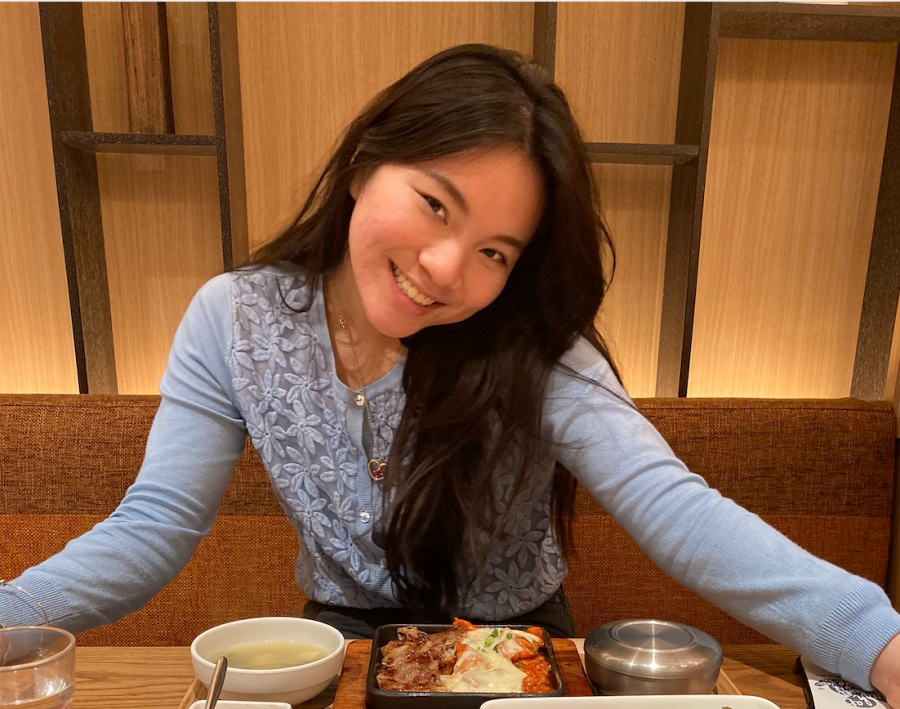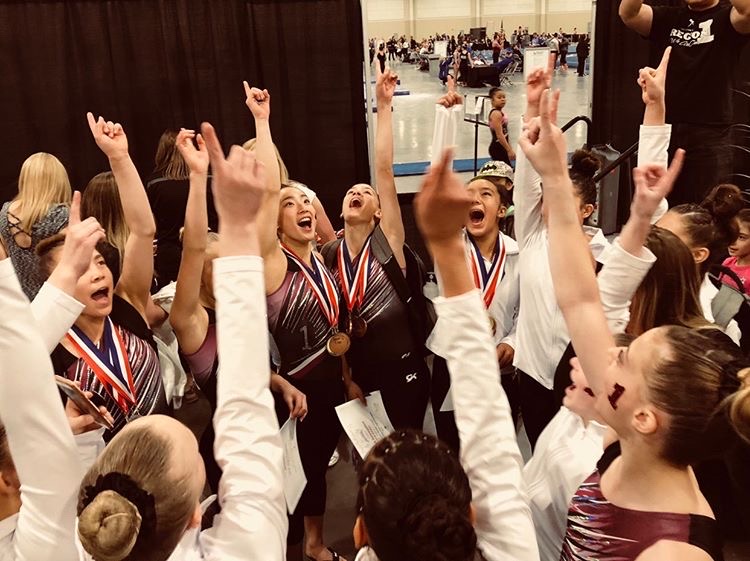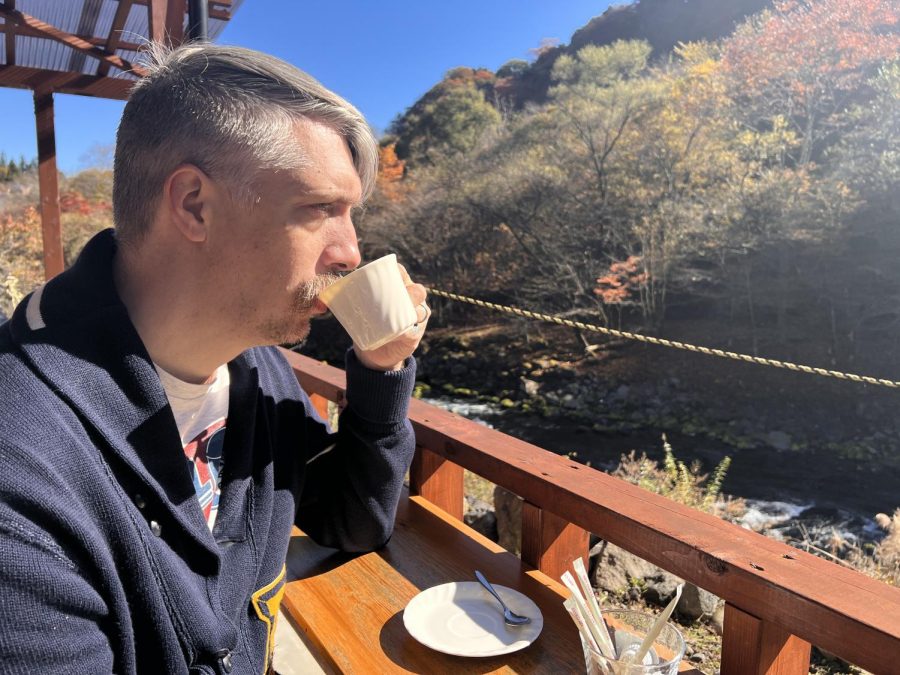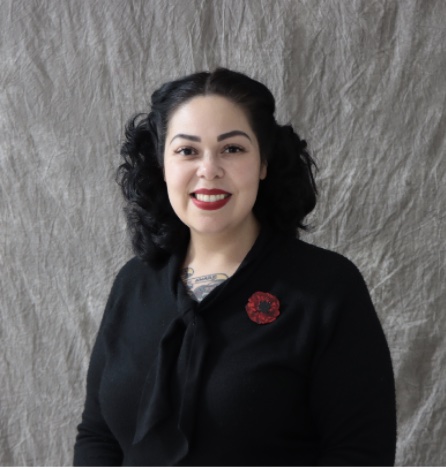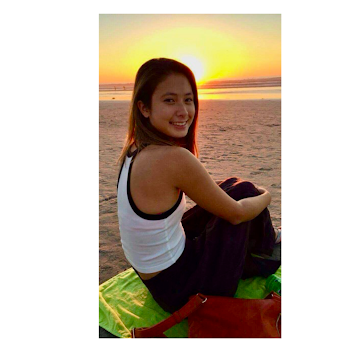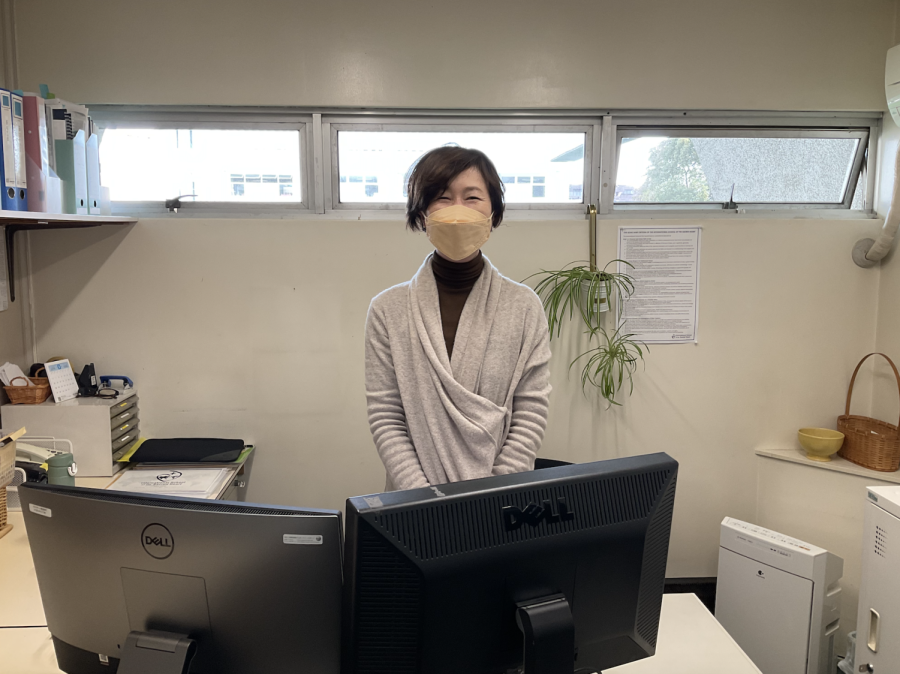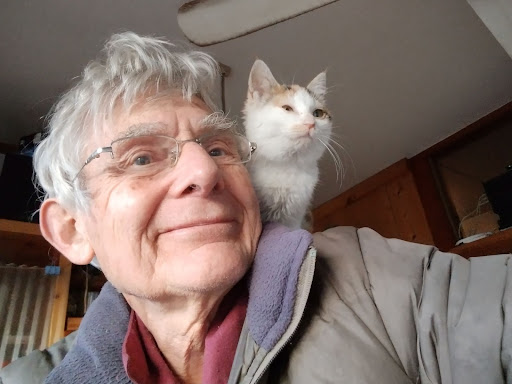At the sound of the first bell, Jisoo Bae enters her homeroom, attendance list in hand, and greets her students with a welcoming, “Good morning, 10B!” After ensuring the sophomores are on their way to their next classes, she transitions into a busy day filled with teaching middle school drama and AP Music Theory. Her afternoon typically concludes with orchestra rehearsal or, on alternate days, inter-school musical practice.
It’s Ms. Jisoo Bae’s first year as a teacher at the International School of the Sacred Heart, but it’s not her first time being part of the Kanto Plain (KPASS) international school community. A former graduate of Seisen International School, Ms. Bae has returned to KPASS—not as a student but as a music teacher.
Ms. Bae’s love for music developed further during her high school years at Seisen, where she actively participated in orchestras, choirs, and a variety of musical activities. While she initially struggled with her English, Ms. Bae quickly made many friends, united by the same passion for music. “That’s when my school life started getting fun,” she recalled, reflecting on the close-knit community she built with those around her.
Ms. Bae’s experiences with music at Seisen International School inspired her to pursue a career as a music teacher. She wants to “create the same, safe, fun and entertaining environment for the students, regardless of whether [they] can speak English or not.”
Pursuing music overseas: her challenges and dreams
At the age of 18, fueled by her deep passion, Ms. Bae set on her pursuit of a degree in music education in the US. She studied concentration in voice, and later attained her master’s degree in choral conducting. While Ms. Bae always enjoyed studying music, she experienced setbacks, especially while completing her master’s. “I felt like I was competing with very, very talented people around me, even at my school,” she said. When surrounded by her peers, Ms. Bae sometimes thought to herself, “Maybe I’m just not good enough—I’m just not born with the talent that everyone has.”
As Ms. Bae continued to pursue teaching in the US, she found it difficult to adjust to a foreign setting. “In an international school, we know people from all over the world,” Ms. Bae explained that this experience fostered a mindset of embracing diversity and promoted an openness to new ideas.
In addition, given that Ms. Bae spent most of her time in Japan, she faced an immense culture gap in the US. “For me, although I went to an international school and I spoke fluent English by the time I graduated, America felt a lot different to me.” The daily conversations, standards, and perspective were completely unlike that of what she was used to. “Yes, we speak the same language, but we don’t share the same childhood.” Although on paper these differences seem small, they set a barrier between her and her peers. “[My classmates would talk] about shows that they watched as a child, [and] I would have no clue. The conversations that are going on between students are different. The standard is different, the way they think is different.”
All of Ms. Bae’s worries vanished, however, each time she entered the classroom to make music with her students — music was universal, eliminating existing boundaries. Despite all the difficulties and challenges, Ms. Bae never lost her passion for teaching. She always knew that she wanted to teach and conduct in front of a student body. Instead of being a soloist or a member of orchestral symphonies, Ms. Bae always longed to “stand in front of the ensemble and direct — that’s what I wanted to do.”
Returning to the KPASS community
Despite the exciting opportunities awaiting her in the US, Ms. Bae felt that a part of her always belonged in Japan, given that she spent the majority of her lifetime there. “I want to be at a place where I feel ‘I belong here,” Ms. Bae recalled. “So I think that’s why I came back to Japan. I feel more connected here.”
Ms. Bae joined the KPASS community once again, searching for that sense of belonging. This time, however, she took on the challenging role of conducting an orchestra rather than a choir. “I thought it was going to be very difficult,” Ms. Bae admitted, given that she had minimal experience in conducting an orchestra. To prepare, she spent the summer learning the violin and flute to better understand a wider range of instruments. “Yes, the transition was scary at first. But after my first rehearsal, I thought to myself: I’m so glad I’m directing the orchestra here at Sacred Heart.” She realized that no matter a choir or orchestra, the purpose is to make beautiful music with her students.
Ms. Bae, alongside creating music, also aims to build connections and create a community that is welcoming — something that made her own high school life enjoyable. “I think that creating a community, having a friend group, and connecting with other people is absolutely important […] Because I always think if you don’t like each other how are you going to make music? It’s not going to sound pretty if you don’t feel connected to the people in your ensemble.”
In addition to making music, Ms. Bae hopes to create a similar connection between herself and her students. As a former graduate of the KPASS community, Ms. Bae understands what it’s like to participate in musical events as a student: “I think it helps that I went to an international school, because I know how the students are feeling.” She points out that she would always consider — alongside what teacher Ms. Bae would do — “what Student Ms. Bae would have thought if [the event] was proposed or organized.”
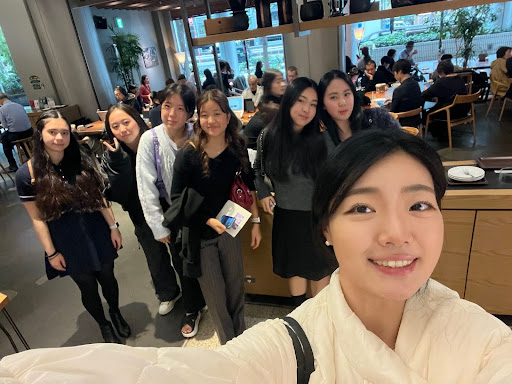
Ms. Bae has already fulfilled this promise by co-organizing multiple events, including the tri-school combined band between Sacred Heart, Seisen, and St. Mary’s. Seeking more opportunities for Sacred Heart musicians, Ms. Bae arranged a field trip for the Sacred Heart students to listen to the Vienna Philharmonic at Suntory Hall. Recently, she has also taken the Sacred Heart orchestra to the Fall Instrumental Festival, where they achieved very successful results — earning high scores and ranking Division 1 amongst the KPASS schools. “Connection is very, very important to me, and that’s why I want Sacred Heart to be a part of the KPASS scene as much as possible.”
Ms. Bae’s message to the students: live a loving life!
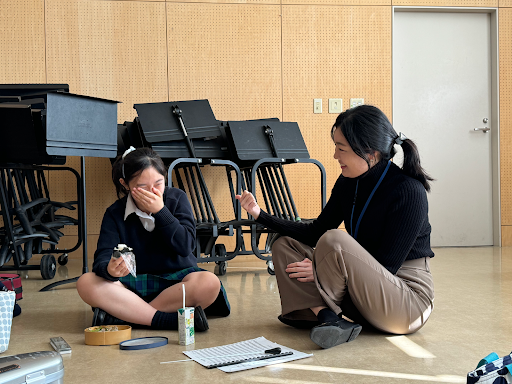
As a KPASS graduate, Ms. Bae hopes to use her past experiences to foster deeper connections with students both inside and outside the classroom. To do this, Ms. Bae emphasizes that her love extends beyond her passion for music — she strives to form meaningful relationships with the students at ISSH. She wants to remind her students that beyond being a teacher, she is always ready to listen to the voice of her students. “I want students to see me, of course as a teacher, but also as a human being.”
Recently, however, Ms. Bae feels as though high school students feel pressured to blend in with the ‘popular’ culture and ‘popular’ people, ultimately creating a toxic environment where students are overwhelmed with judgment and pessimism.
In response to this, Ms. Bae challenges the false ideal of being ‘popular’ and ‘cool,’ explaining that “being cool is being loving.” Ms. Bae wants to tell students to love every moment — live life to the fullest, especially during high school. “You are protected under your title of being a student, and it’s ok to make a mistake,” Ms. Bae says. “So, [as a student], experience as much as you can. Love as much as you can. Don’t hate. Life is way too short for any negative feelings.”
At ISSH, Ms. Bae hopes to create an open environment, fostering a space where students feel accepted, supported, and free to express themselves through music. For Ms. Bae, this mutual respect and love form the foundation of a vibrant high school life and a lasting connection.
“My future goal is to just create beautiful music. Wherever I’m at, wherever I’m located, I’m just going to do the same thing with my students… I hope we can just get along and be great musicians!”
– Jisoo Bae

